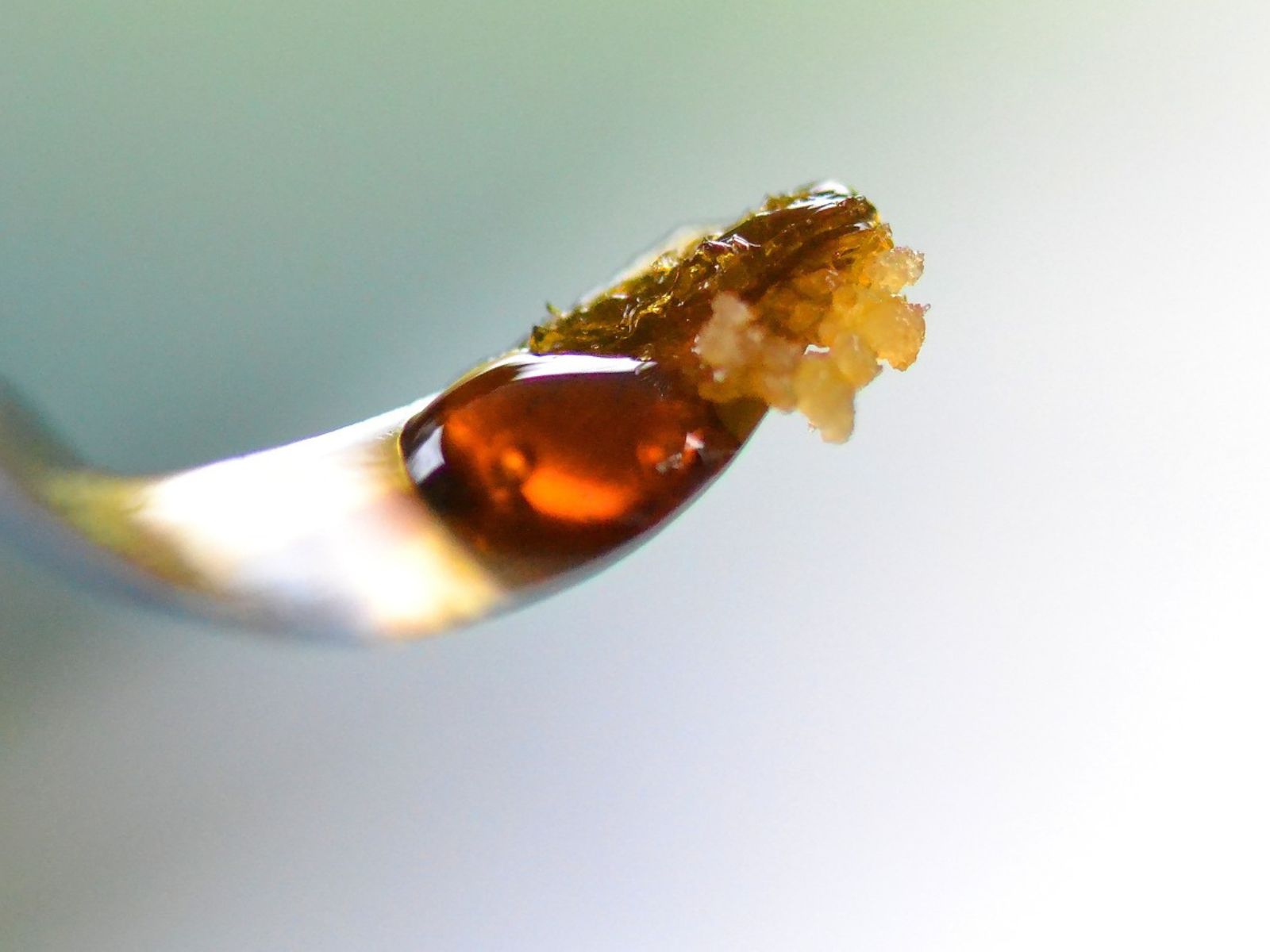Cannabis concentrates have grown in popularity in recent decades among consumers and patients. That rise in popularity is paralleled by a rise in supply by cannabis concentrate creators, and the types of cannabis concentrates that consumers and patients have to choose from continues to expand.
Concentrated forms of cannabis is not a new thing. Hashish has existed for thousands of years, however, the concentrated forms of cannabis from centuries past is a far cry from what is available in mature legal cannabis markets.
Anyone who has visited a licensed dispensary on the West Coast of the United States will be quick to tell you that there are a wide variety of cannabis concentrates on dispensary shelves, from waxes to live rosins to vape pen cartridges.
Fairfield Market Research recently conducted a market analysis focusing on the emerging global cannabis concentrates sector of the cannabis industry. Fairfield Market Research is a United Kingdom-based market research provider.
“Global cannabis concentrate market is poised for significant expansion, with revenue expected to rise from US$1.6 Bn in 2022 to an impressive US$2.4 Bn by 2030. This forecast represents a healthy CAGR of 6.3% from 2023 to 2030, signaling a bright future for the industry.” Fairfield Market Research stated in a press release.
“The market’s upward trajectory can be attributed to the increasing prevalence of chronic conditions such as diabetes and cancer, alongside the growing acceptance and use of medicinal cannabis. As more countries legalise cannabis for medical use, there has been a notable shift toward utilising cannabis concentrates in treatments for various conditions, including pain management and the adverse effects of some medications.” the company stated.
“The burgeoning cannabis concentrate market is also fueled by policy and regulatory relaxation. The COVID-19 pandemic highlighted the need for industry support and regulatory easing.” the company also stated.
The company also indicated that North America is “poised to lead the global cannabis concentrate market due to the region’s extensive legalisation policies, and stronger demand-supply dynamics of cannabis products.” Additionally, the company determined that the Asia Pacific region would experience rapid growth during the forecast period.

